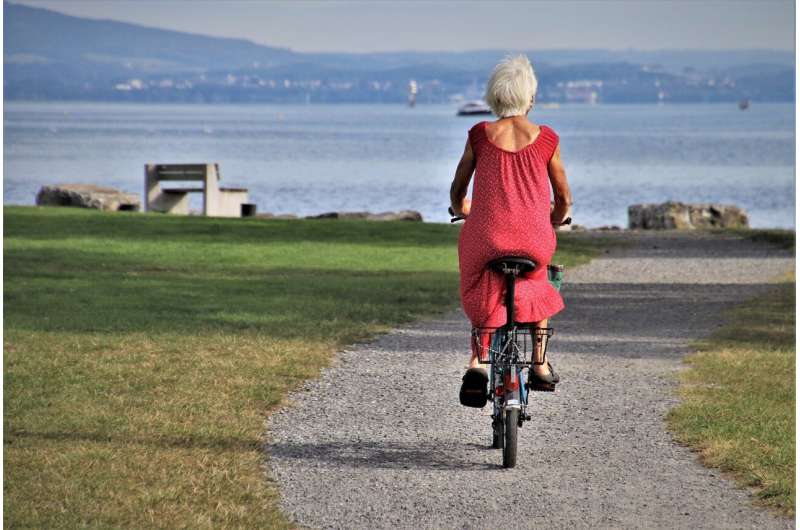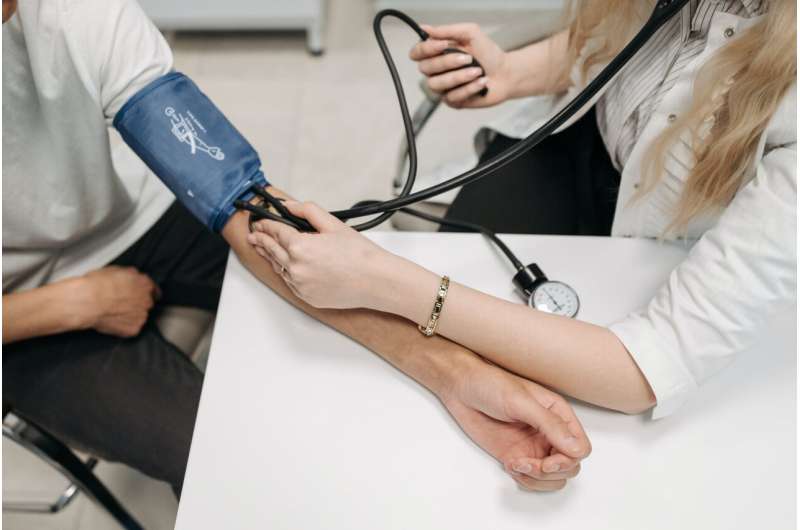Cycling Enhances Health and Lifespan in Older Adults, Especially Non-Drivers

Recent research highlights the significant health benefits of cycling for older adults, particularly those who are non-drivers. In Japan, a country where many seniors rely on bicycles for daily transportation, studies have shown that cycling is associated with increased social interaction and physical activity, both crucial factors for healthy aging.
A comprehensive study published in "Transportation Research Part F: Traffic Psychology and Behaviour" investigated the long-term impact of cycling on health outcomes. The research tracked older individuals over a decade, from 2013 to 2023, examining the link between their cycling habits and the incidence of requiring long-term care or experiencing death. Results revealed that seniors who cycled in 2013 had a markedly lower risk of needing long-term care or mortality over the following ten years compared to non-cyclers. This protective effect was especially pronounced among those who did not drive.
Further analysis focused on cycling behavior between 2013 and 2017. The findings indicated that continuing to cycle during this period was associated with reduced risks of long-term care dependence and mortality over the subsequent six years. Notably, older adults who started cycling during this timeframe also experienced these benefits. This was particularly evident among non-drivers, for whom cycling served as a vital lifestyle activity that supports physical and mental health.
The evidence suggests that cycling acts as a powerful lifestyle intervention for seniors, promoting longevity and well-being. It encourages physical activity, enhances social bonds, and contributes to mental health stability. Given the increasing trend of older Japanese relinquishing their driver's licenses, promoting cycling could be essential in supporting healthy aging.
Encouraging social support and infrastructure development to facilitate cycling among seniors could further amplify these health benefits, helping them maintain independence and improve quality of life in later years.
For more detailed findings, see the study: Changes in cycling and incidences of functional disability and mortality among older Japanese adults.
Stay Updated with Mia's Feed
Get the latest health & wellness insights delivered straight to your inbox.
Related Articles
6 Daily Habits That Could Harm Your Bladder Health
Learn how everyday habits like hydration, hygiene, and diet can impact your bladder health and what steps to take for prevention and care.
Expert Tips for Protecting Hands, Wrists, and Head While Bicycling
Learn effective strategies to keep your hands, wrists, and head safe while cycling with expert advice from Mayo Clinic's orthopedic specialist.
Bilingual Campaign Raises Awareness About Hypertension in Latino Communities
A bilingual campaign by the American Heart Association aims to raise awareness about hypertension in Latino communities, emphasizing early detection, lifestyle changes, and treatment to prevent heart disease and strokes.
Creating a Climate Safe Room: Protecting Your Home from Extreme Heat and Cold
Discover how to create a Climate Safe Room in your home to protect against extreme heat and cold, improve energy efficiency, and enhance indoor comfort with simple, cost-effective measures.



